Carbon Neutrality 2045.
Hyundai is in progress to achieve carbon neutrality by 2045.
By neutralising CO2 emissions at all stages of production and operation.
In progress with positive energy.
Our vision “progress for humanity” is based on a determination to ensure universal mobility while supporting an emission-free society. From electrifying our entire line-up, to the launch of the IONIQ line-up brand and our over 20 years of research into hydrogen technology, we have consistently led the way for change toward a more sustainable value chain. We firmly believe that the automobile industry has a great responsibility and opportunity to take proactive actions against climate change. We promise to continue our journey for humanity and future generations - a journey of constant improvement across four key areas.


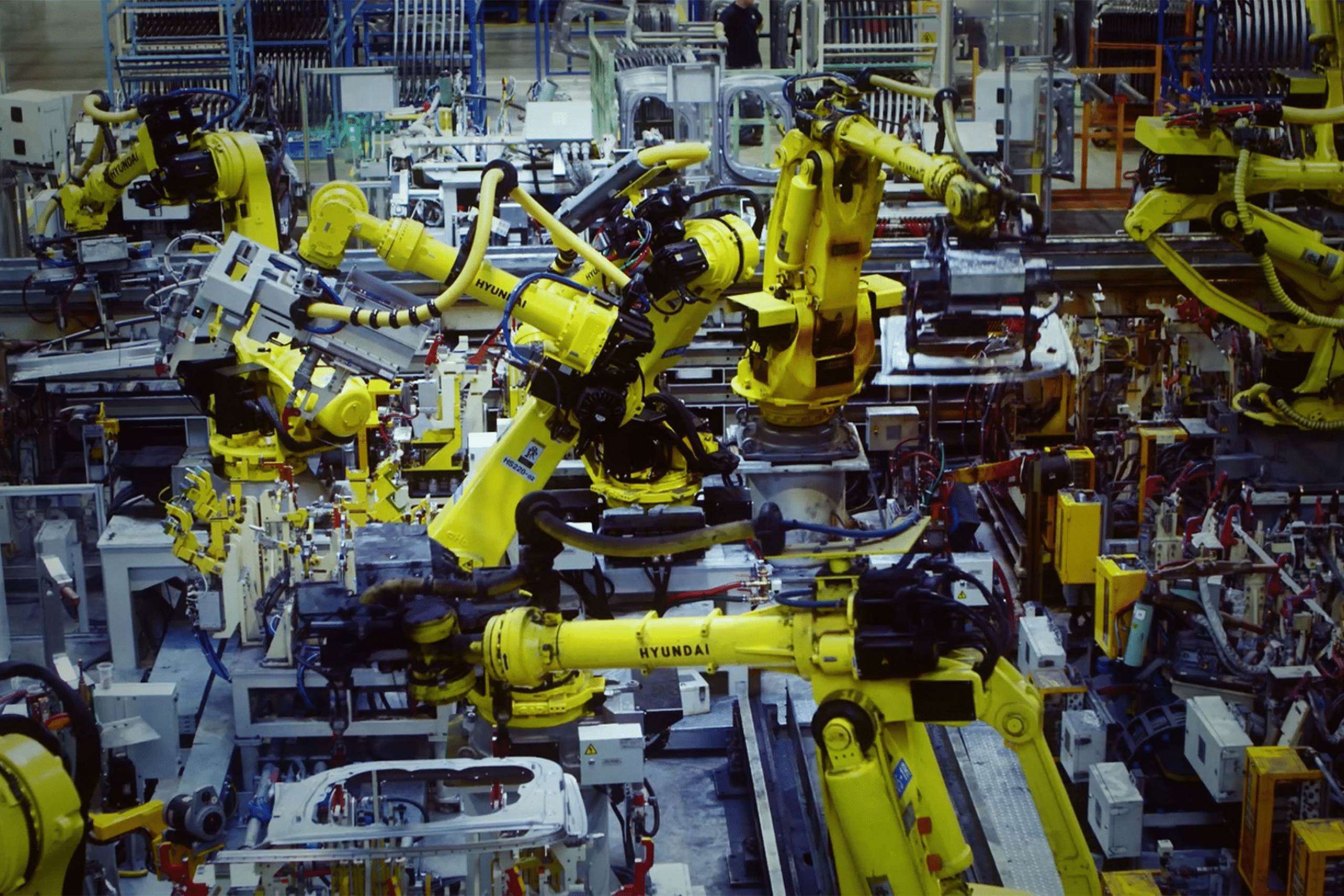

Electrification.
By shifting focus away from internal combustion toward electric mobility, from 2035 all new vehicles sold in Europe will be either battery electric or fuel cell electric vehicles.
Hydrogen.
Scalable, efficient and clean, Hydrogen has the power to change mobility forever. Our aim is to promote this groundbreaking new fuel source across all sectors of society.
Supply Chain.
By improving our manufacturing processes, transitioning our factories to renewable energy, and providing support to our suppliers, we aim to be carbon neutral from production to operation.
Social responsibility.
Our commitment to a cleaner, more sustainable future extends further than the automotive industry alone. Through our varied partnerships and sustainable initiatives we aim to leave a better planet for the next generation.
Expecting Generation One.
Generation One is our term for the first generation who will live in a carbon-neutral world. The efforts we make today to build a cleaner, more sustainable future will help ensure this generation inherent a world worth protecting and living in.


Electrification
Electrification of new vehicles.
Transportation is responsible for roughly 20% of global carbon emissions, more than 70% of which derive from road transport, including cars. Electric vehicles have the potential to drastically reduce carbon emissions from personal transportation, and increasing the share of Hyundai vehicles sold powered by electric powertrains, forms a key milestone in our carbon neutrality efforts.
100% by 2035.
Our priority is to shift from internal combustion engines to electric vehicles. From 2035 all new vehicles sold in Europe will be either battery electric or fuel cell electric vehicles.
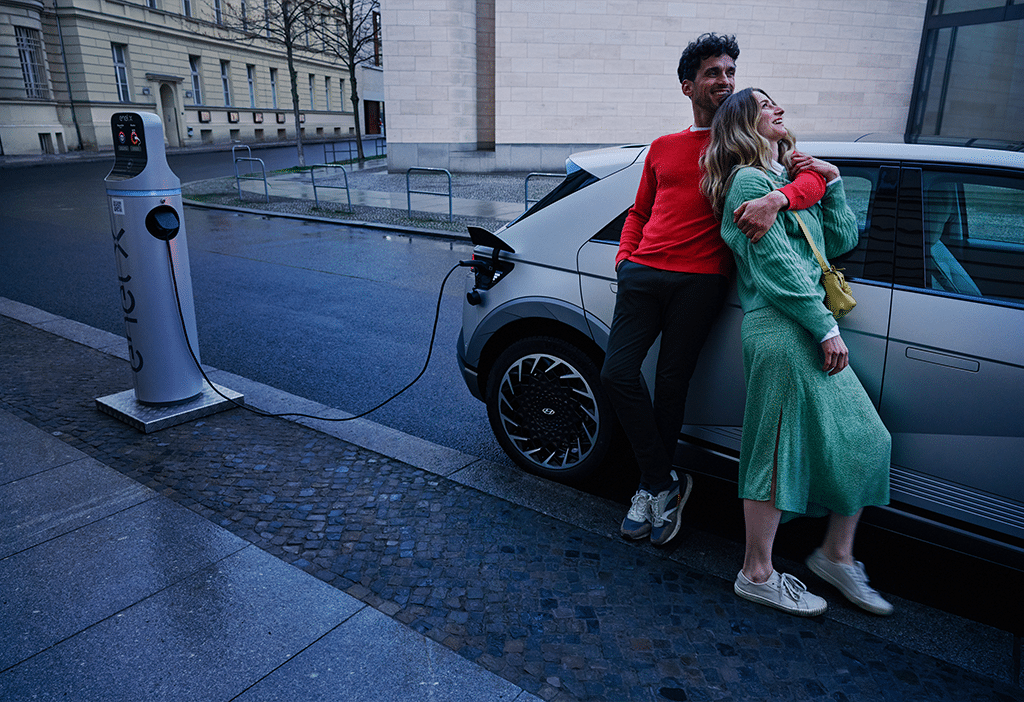
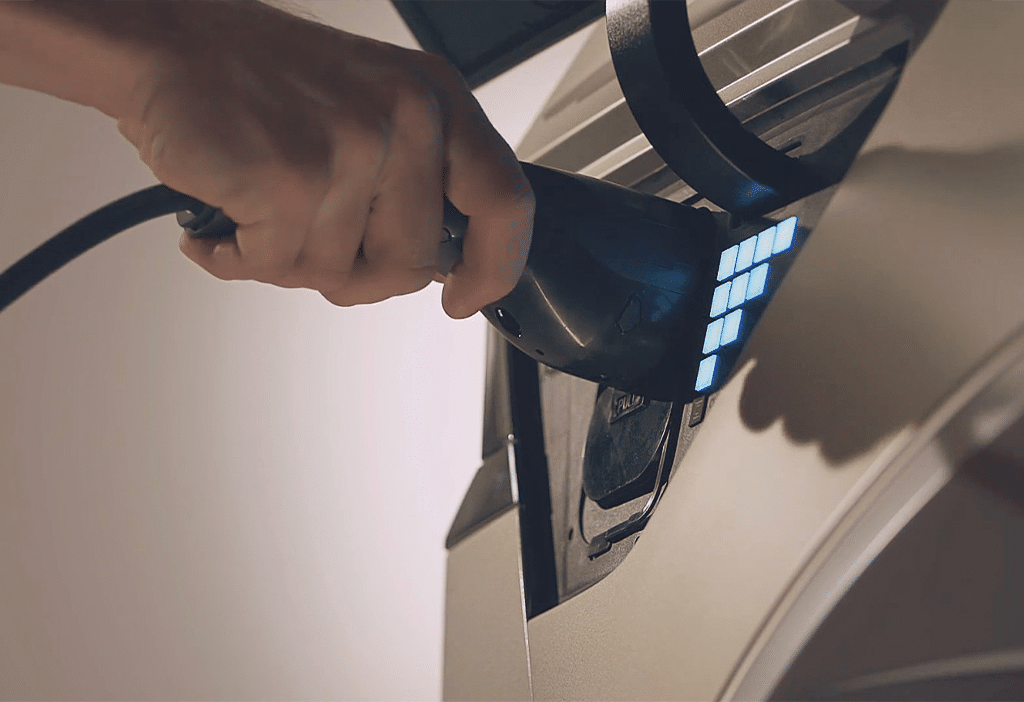
How will we achieve this?
The majority of our passenger car lineup is available with an electrified powertrain option, with several fully-electric variants already on the market. We are expanding this effort to our commercial vehicles as well, such as buses and trucks
Hydrogen boost.
Hydrogen is a crucial component of our carbon neutrality efforts. In the coming years we will expand our hydrogen-electric vehicle line-up across passenger cars, trucks and buses.
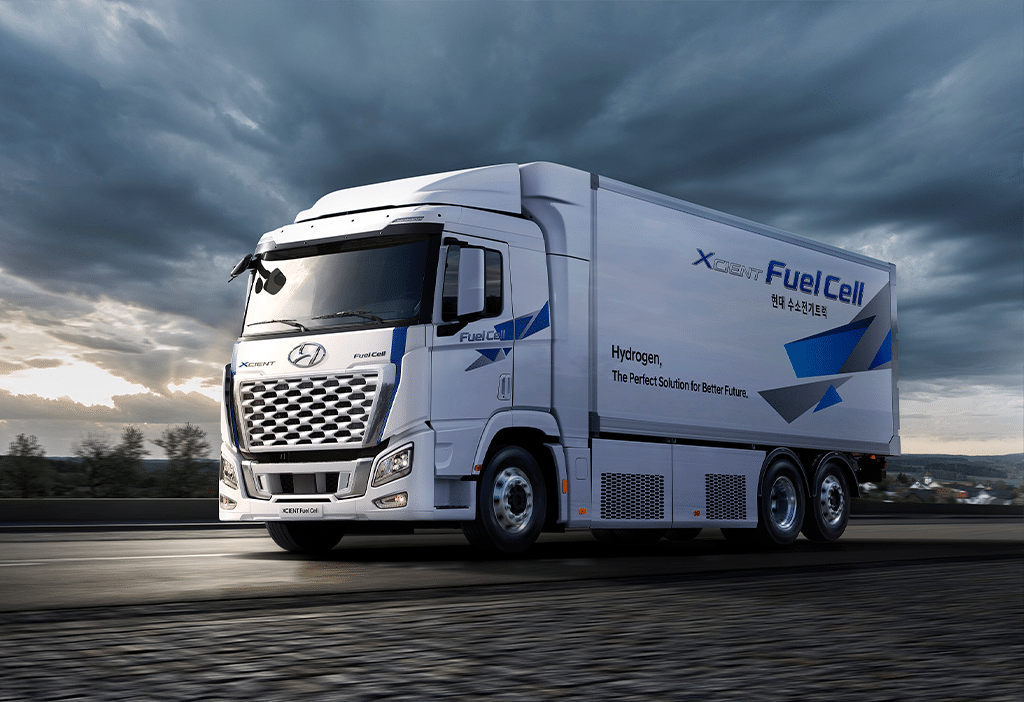
Investments in platform technology and charging infrastructure.

Our new modular platform for EVs.
IONIQ 5, as the first vehicle designed using our new Electric Global Modular Platform (E-GMP), has launched a whole new era for electric vehicles. E-GMP enables us to create future-ready mobility options, including autonomous and connected cars. This is possible thanks to the E-GMP’s multi charging system, its large-capacity
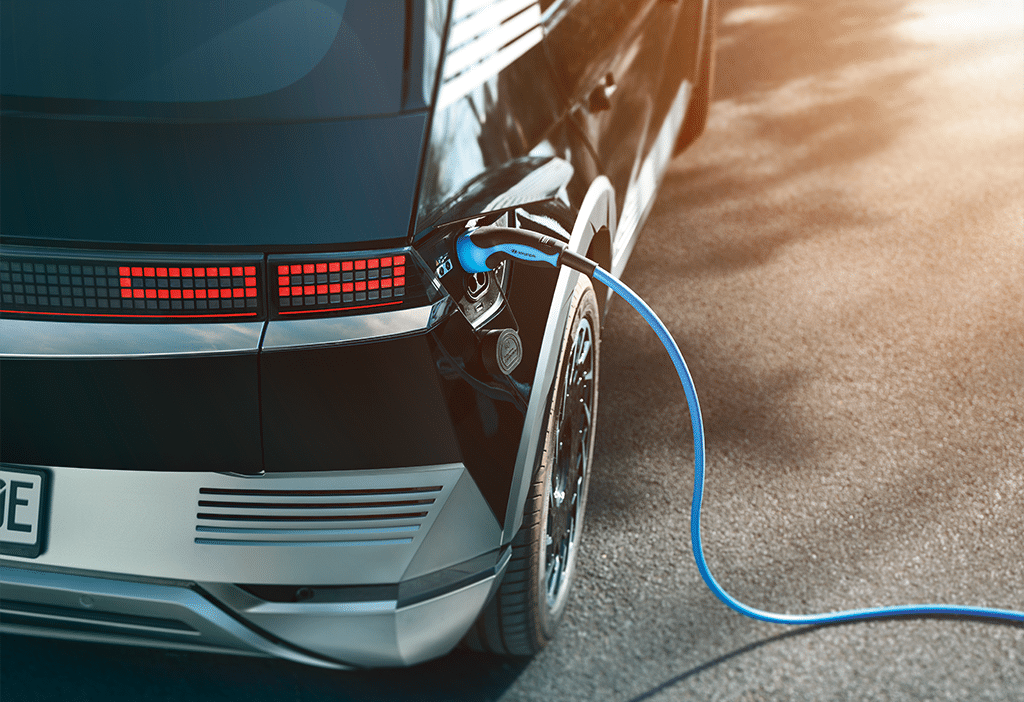
Our new modular platform for EVs.
IONIQ 5, as the first vehicle designed using our new Electric Global Modular Platform (E-GMP), has launched a whole new era for electric vehicles. E-GMP enables us to create future-ready mobility options, including autonomous and connected cars. This is possible thanks to the E-GMP’s multi charging system, its large-capacity

Second Life Battery Energy Storage System (SLBESS).
Every battery at Hyundai is built to have a second and third life. As a result, batteries can be re-used and/or partly upcycled into a battery storage system, often called a second life battery energy storage system (SLBESS). These systems can power entire homes or offices and can substantially reduce CO2 emissions.

Hydrogen
Building a hydrogen society.
Hydrogen is more than an alternative fuel source. As one of the most abundant elements in the universe, hydrogen offers a long-lasting solution to the issues facing the energy sector today. From production and distribution to hydrogen use in private cars, trucks, buses and all manner of mobility, Hyundai is invested in establishing hydrogen as a familiar and widely-used energy across our entire society. This green energy source has the potential to transform not only transportation but all aspects of our lives and industry. The future of Hydrogen has never been more promising.
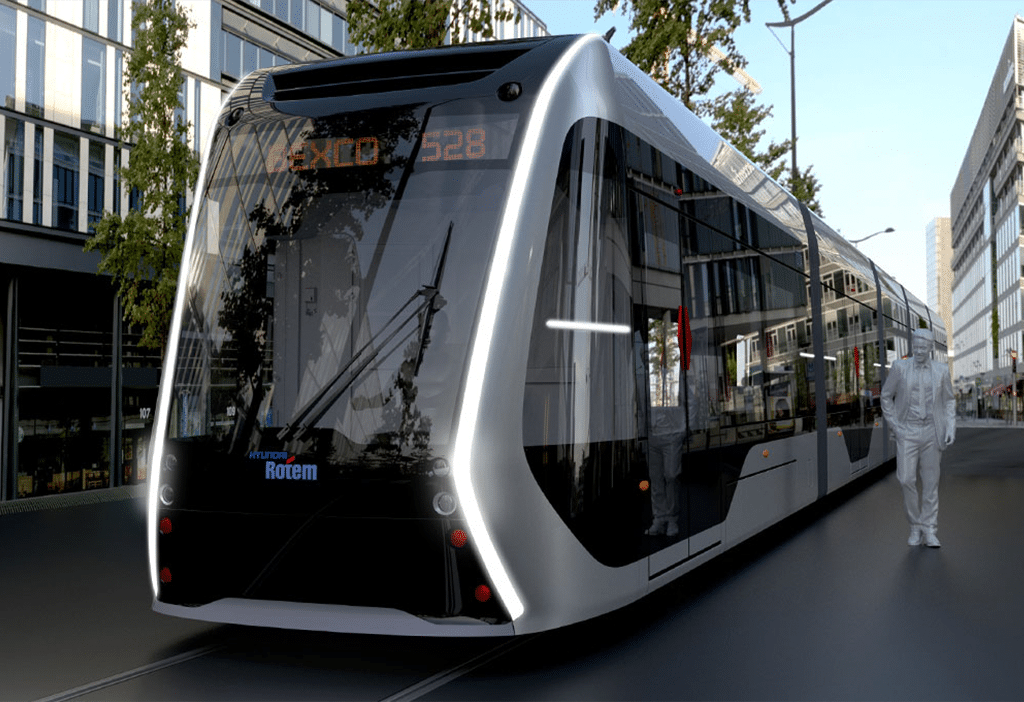
Hydrogen mobility.
Although hydrogen fuel cell powertrains are most often associated with passenger cars, this scalable technology has the potential to be used across every type of mobility. We aim to lead the hydrogen mobility evolution by applying the green energy source beyond passenger cars towards commercial vehicles, public transportation, ships, Urban Air Mobility (UAM), and beyond.

Green hydrogen.
As of today, the majority of hydrogen energy is produced using fossil fuels, but there is an alternative. Green hydrogen is produced through electrolysis, separating water into hydrogen and oxygen. When renewable energy is used for this process – such as wind or solar power – the energy produced is essentially 'stored' in Hydrogen, ensuring a zero-emission, clean power source. Hyundai are committed to green hydrogen, not only as a fuel source, but as a catalyst for societal change, and plans to procure renewable energy such as solar and wind power through collaborations with RE100 global businesses.

Second Life Battery Energy Storage System (SLBESS).
Every battery at Hyundai is built to have a second and third life. As a result, batteries can be re-used and/or partly upcycled into a battery storage system, often called a second life battery energy storage system (SLBESS). These systems can power entire homes or offices and can substantially reduce CO2 emissions.
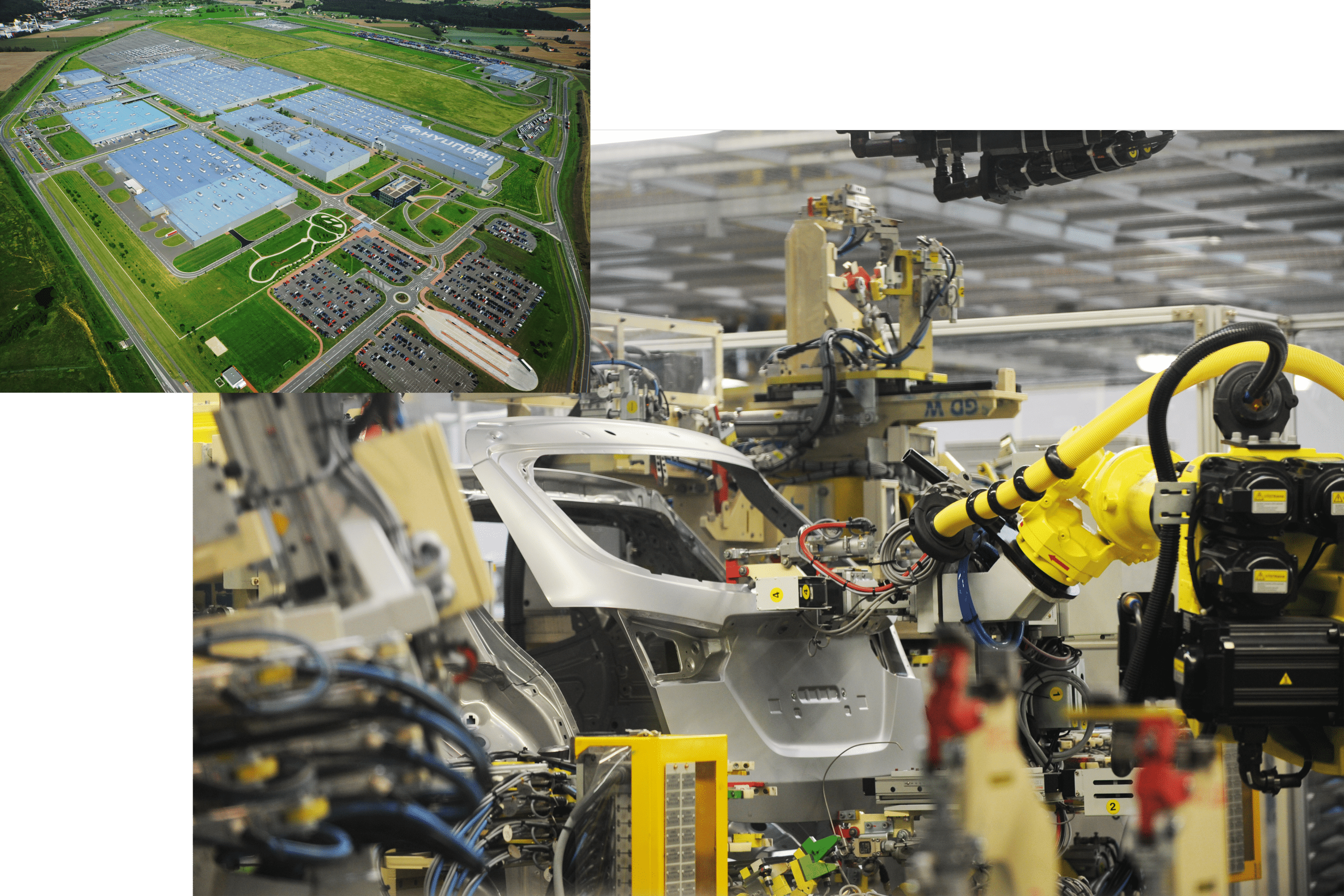
Supply Chain
Carbon neutrality from production to operation.
Our pledge to reduce carbon emissions across our entire business goes further than our efforts to boost electrification and hydrogen technology. We also accept our responsibility to improve our manufacturing and business practices, increasing energy efficiency and shifting toward renewable sources of energy.

An international initiative.
RE100, which stands for ‘Renewable Energy 100 Percent’, is a global initiative led by the Climate Group bringing together the world’s most influential businesses committed to 100 % renewable energy. Members are required to submit mid-to-long-term renewable energy power securing plans within a year after joining. Hyundai has been a member since 2021.
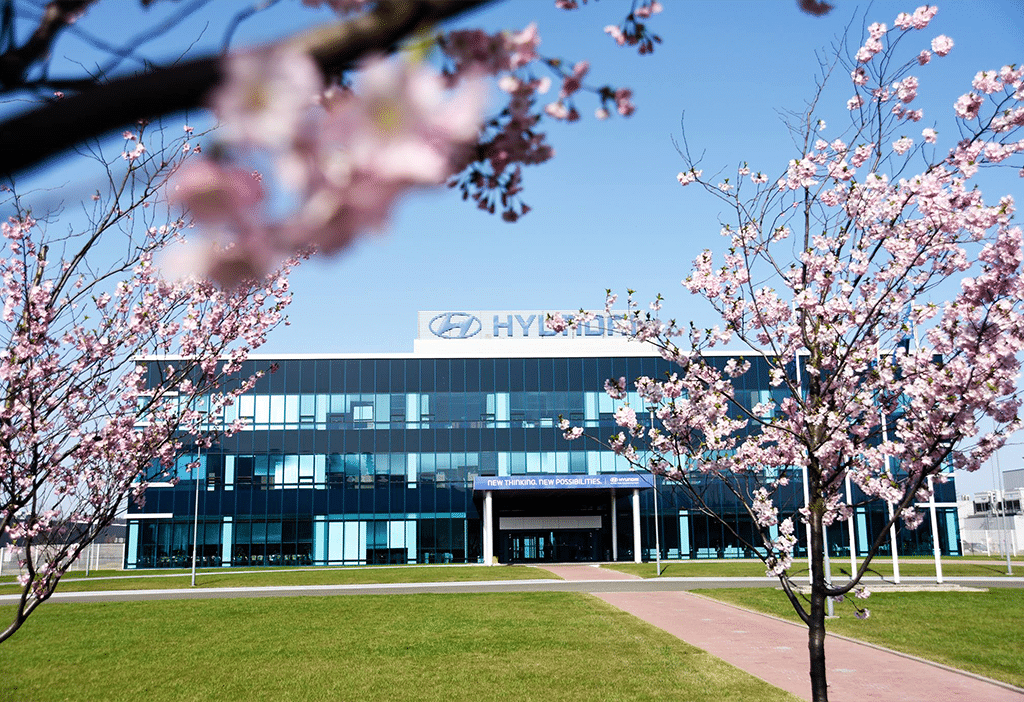
Conversion to renewable energy.
An important milestone in our carbon neutrality plans is the shift toward using 100% renewable energy in all our manufacturing plants worldwide by 2045. In Europe we will begin with the first conversion at our plant in the Czech Republic.

A net-zero automotive parts supply chain.
A significant driver of Hyundai's competitiveness in the electric vehicle sector is our network of outstanding parts suppliers. Hyundai will continue to monitor and support all partners in their own carbon neutrality journey, providing guidelines, education and creating a cooperation program for our entire supply chain, including raw materials.

Beyond eco-friendly: smart plants.
The Hyundai Motor Group Innovation Center in Singapore (HMGICS) will serve as a hub for creating an innovative mobility ecosystem and research on the mobility-related value chain, including vehicle delivery, test-driving, and other services. HMGICS will evolve into a net-zero manufacturing hub through solar and hydrogen power generation.

Social responsibility projects to reduce waste and carbon emissions.
Recovering plastic waste.
We create economic value by procuring resources from waste materials, like discarded fishing nets.
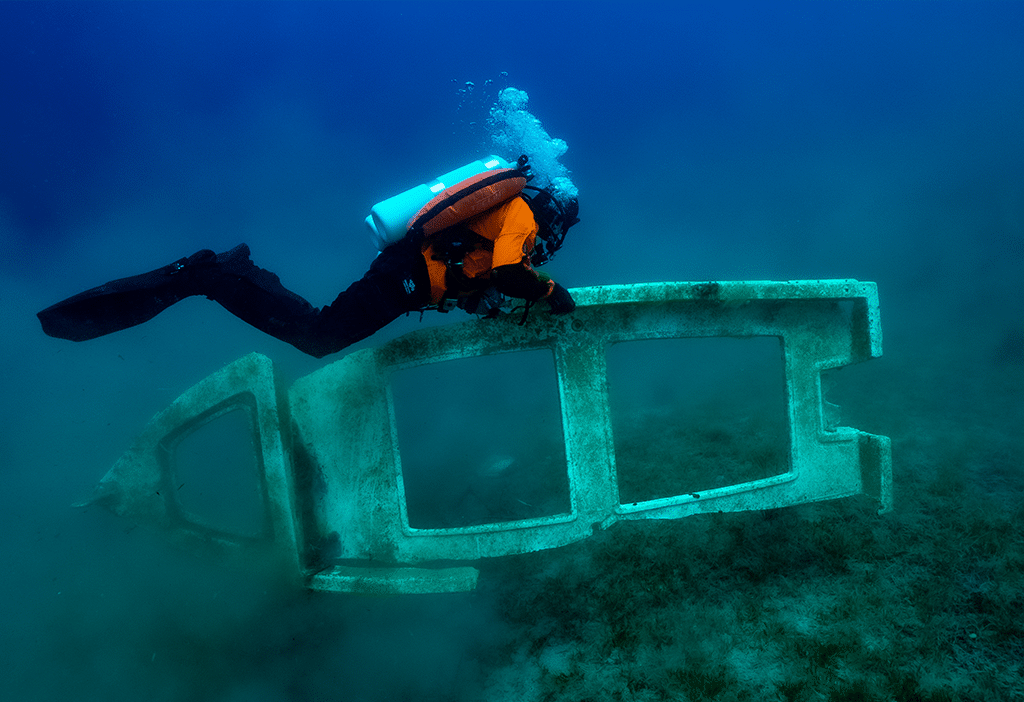
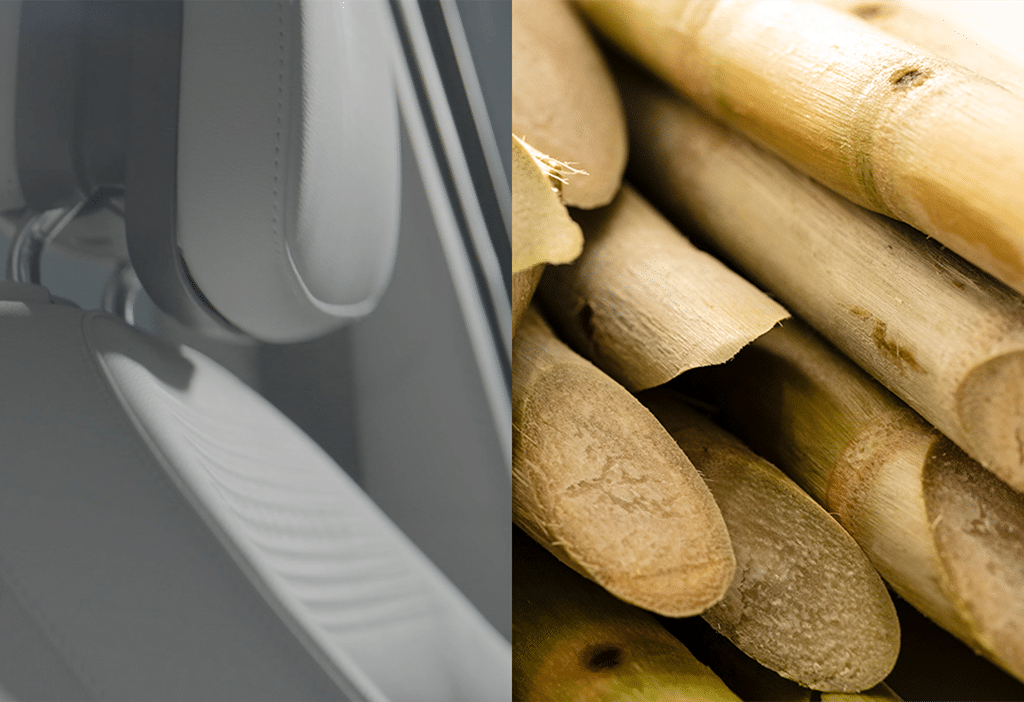
Use of recycled materials.
We will focus our design efforts on using recycled materials, as well as the recycling of our cars and batteries.
Re:Style.
Used auto materials such as leather, glass, and airbags are turned into valuable fashion items.auto wastes as valuable materials for fashion items.


Expecting Generation One.
Hyundai's roadmap to carbon neutrality @ IAA 2021.
IAA highlights


